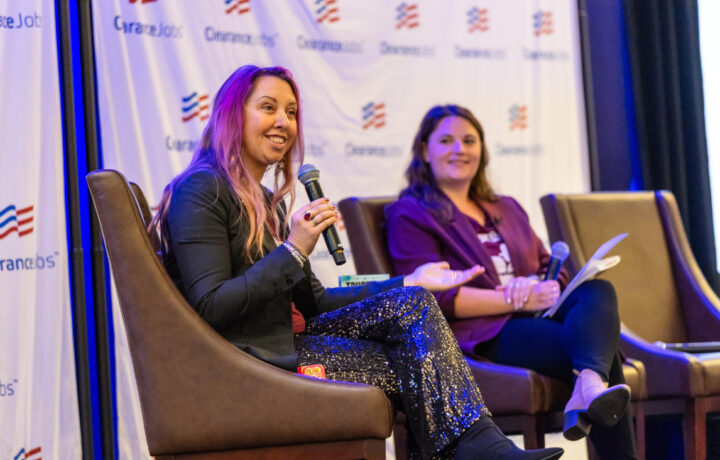Lindy Kyzer has spent years translating the language of security clearances into plain English—and now, into a book: Trust Me: A Guide to Secrets—Who Gets Them and Why We Have Such a Mixed Track Record With Them. In this candid conversation from ClearanceJobs Connect 2025, the ClearanceJobs VP of Content & Partnerships explains why the community needed a resource that’s comprehensive, accessible, and human.
Kyzer frames clearance eligibility with a simple analogy: treat it like a driver’s license. You earn it by meeting criteria; you keep it by demonstrating reliability—and you can lose it if your behavior raises risk. That lens helps applicants, recruiters, and managers step back from jargon and see the system’s purpose.
She walks through adjudicative guidelines and the new Personnel Vetting Questionnaire (PVQ), noting how evolving policy—such as reclassification debates around marijuana—interacts with longstanding standards. Just as important, she separates suitability from security: many hiring headaches blamed on “clearances” are actually suitability issues with different rules, timelines, and owners.
Kyzer also addresses differences between DoD and the Intelligence Community, where identical guidelines can be implemented differently. Her “Matrix” shorthand underscores a bigger point: reciprocity remains the leading friction point, slowing missions and careers. If she could wave a wand, she’d fix clearance transfer first.
In an era of AI, social feeds, and permanent digital footprints, Kyzer urges professionals to remember the bargain they’ve made: national security roles come with constraints. Free speech remains, but conflating personal politics with the mission can carry consequences.
Ultimately, Trust Me is a love letter to a community of imperfect people doing essential work. Kyzer’s message is equal parts practical guide and invitation: understand the system, own your eligibility like a career credential, and keep going—“hold on for one more day.”




